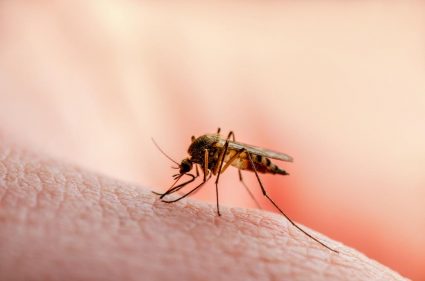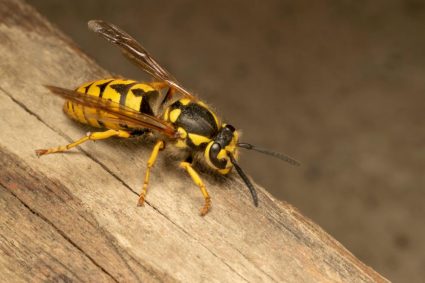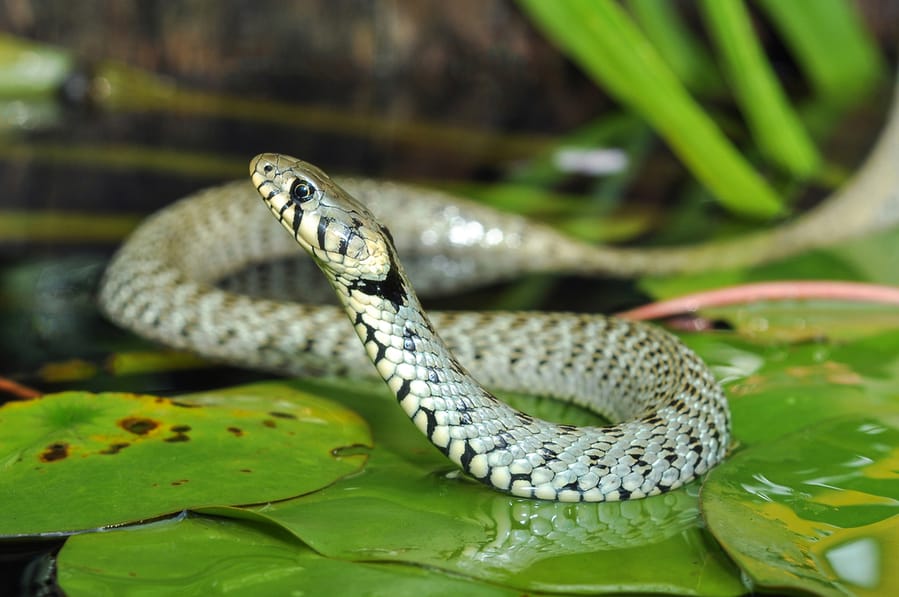
Do you find yourself constantly worrying about snakes entering your basement or attic?
Snakes can not only cause damage to your property but also pose a threat to you and your loved ones. If you’re tired of dealing with this issue, you’re not alone.
Many homeowners struggle with keeping snakes out of their crawling spaces. But don’t worry; there are simple and effective ways to solve this problem.
Snakes are not only a nuisance to your living spaces but can also be quite dangerous, as some snakes are quite venomous. In this article, you will learn.
- Understanding the behavior of snakes is crucial to crafting preventive steps to keep the snakes away from your crawling spaces.
- Snakes have a keen sense of smell; they can locate food and sniff out danger.
- There are five simple ways to keep snakes out of your crawling space: removing debris, sealing cracks and holes, installing snake-proof fencing, keeping food and pets away, and using snake repellents.
- There are signs you need to look out for to check if your house has a snake infestation. The signs include a skin shed around your property, frequent sightings of rodents, or rustling sounds from behind the wall.
Whether you live in an area with a high population of snakes or want to take preventive measures to keep them out of your home.
This article will help create a snake-free environment.
Understanding Their Behavior
By understanding the general behavior of snakes and what attracts or repels them, you can effectively control their presence in and around your property.
Snakes are attracted to warm, dark, and moist environments. Since basements and attics are the two places around your property that meet all the ticks, they find shelter and prey.
Snakes have a keen sense of smell and can detect vibrations. This makes them highly sensitive to their surroundings.
The most dominant sense they possess is the sense of smell. It allows them to locate food and avoid danger. This sense of smell can be the main factor that leads them to your house if they can sniff out a steady food source, meaning rodents.
Some folks might want to take this as a hint that they may have a rodent infestation on their property to have attracted snakes.
Snakes hate the smell of vinegar and ammonia. It overwhelms their keen sense of smell.
5 Ways To Keep Snakes Out of Crawling Spaces
Snakes can be a scary predicament when they enter crawling spaces, such as basements and attics, if not just a plain nuisance. Keeping sight of them or prying them out of the crawling spaces is difficult.
They are known to not only be scary, but they can cause property damage and even pose a threat to humans and pets.
Here are some effective ways to keep snakes out of crawling spaces
1. Remove Debris
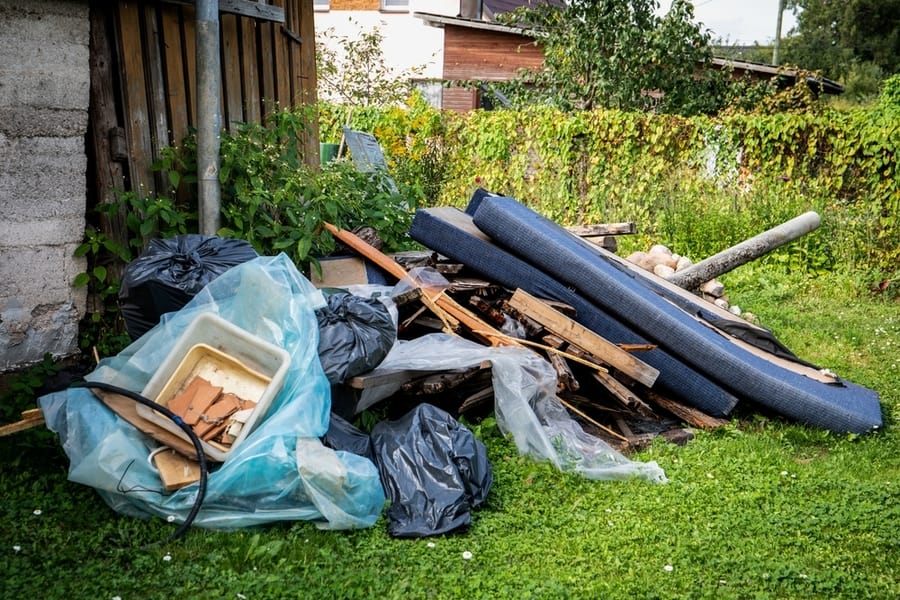
Snakes are good at camouflaging. They are perfect for hiding in piles of debris, such as wood, leaves, and rocks.
Keeping sight of such areas and maintaining it by keeping them clean will reduce the number of places for the snakes to take refuge. In addition, this will make it less likely for them to enter your home.
2. Seal Cracks and Holes
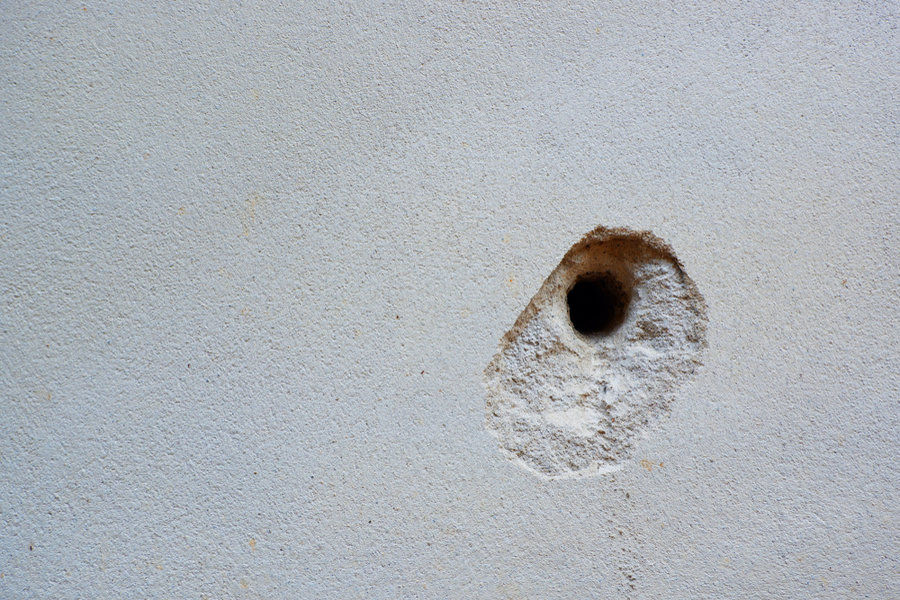
Due to their extremely flexible body, snakes can easily crawl through small cracks and holes in the walls or foundations.
It is essential to thoroughly inspect your property and seal any opening that is larger than a quarter of an inch to prevent snakes from wriggling their way into your home.
3. Install Snake-Proof Fencing

If you live in an area known for its high population of snakes, you may want to consider installing snake-proof fencing around the perimeter of your home.
This will be a physical barrier to prevent snakes from entering your crawling spaces.
4. Keep Pets and Food Away
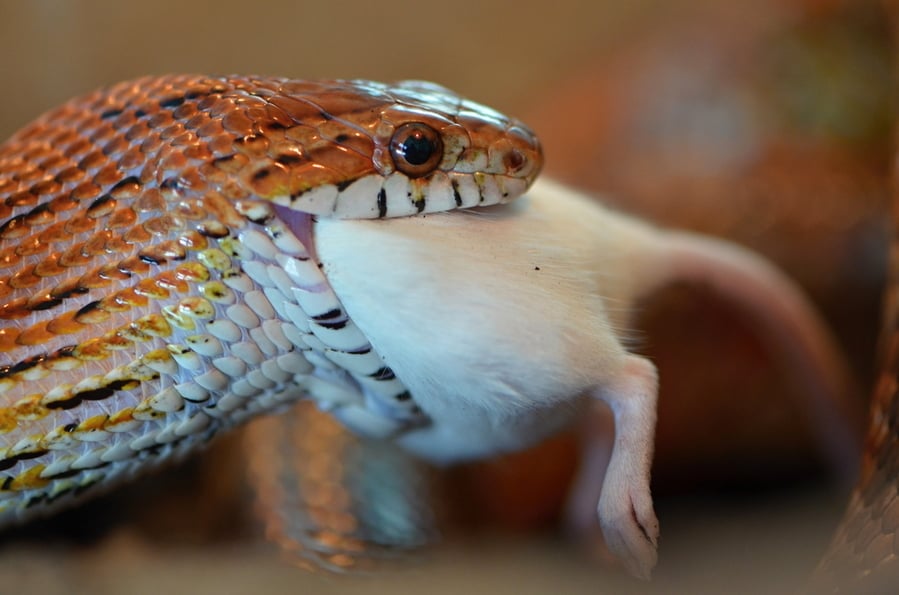
Snakes are attracted to food and the smell of pets. Therefore, it’s important to keep pet food and water dishes inside. Also, make sure to clean up any spills or crumbs.
5. Use Snake Repellent

Snake-repellent sprays and granules can be used around the entry points, including around the foundation, to keep snakes away.
These products contain natural ingredients that emit a strong odor highly disliked by snakes, making them less likely to enter your home.
Signs You Have Snake Infestation
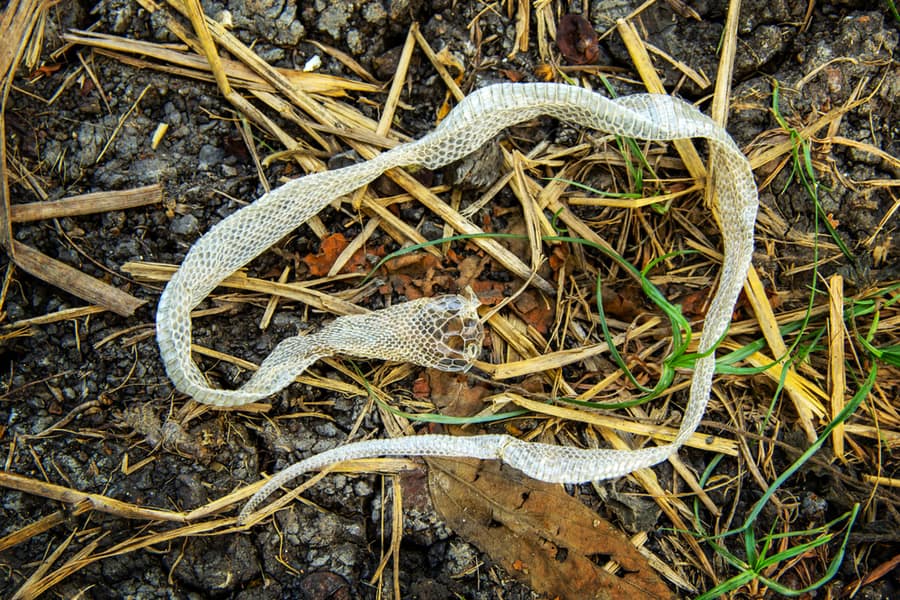
If you live in an area known for snake infestation, you may want to watch for any of the following signs to know if you have a snake in your house.
- Rattling or rustling sounds in walls, ceilings, or under furniture.
- Droppings or shed skin in areas inside and around your property.
- The presence of rodents shows it is a food source for the snakes.
- Unusual odor in dark, warm areas of your property, such as basements and attic.
If you ever see a snake in your house, it is highly recommended to take precautions when handling or removing snakes from your home, as some species can be venomous.
It is recommended to contact a professional for the safe removal of snakes from your property.
Conclusion
Following these simple steps can effectively keep snakes out of your crawling spaces. By creating a hostile environment for snakes, you can protect your home by preventing snakes from entering.
Frequently Asked Questions
Can I Build a Snake-Proofing Wall Around My Property?
Yes, it is possible to erect a snake-proof wall by installing a solid 4 ft wall around your property. Make sure it is built with an outward-angling lip.
How Can I Tell if a Snake Is Poisonous?
There are various signs to see if the snake might be poisonous. Common signs are
- They usually have a triangular or wider head shape.
- They usually have long, retractable fangs.
- They have a distinct pattern on their skin, like an hourglass shape on a cobra.
To handle a snake, you should seek professional help, such as a wildlife expert or park ranger. Do not attempt to touch a snake on your own.




